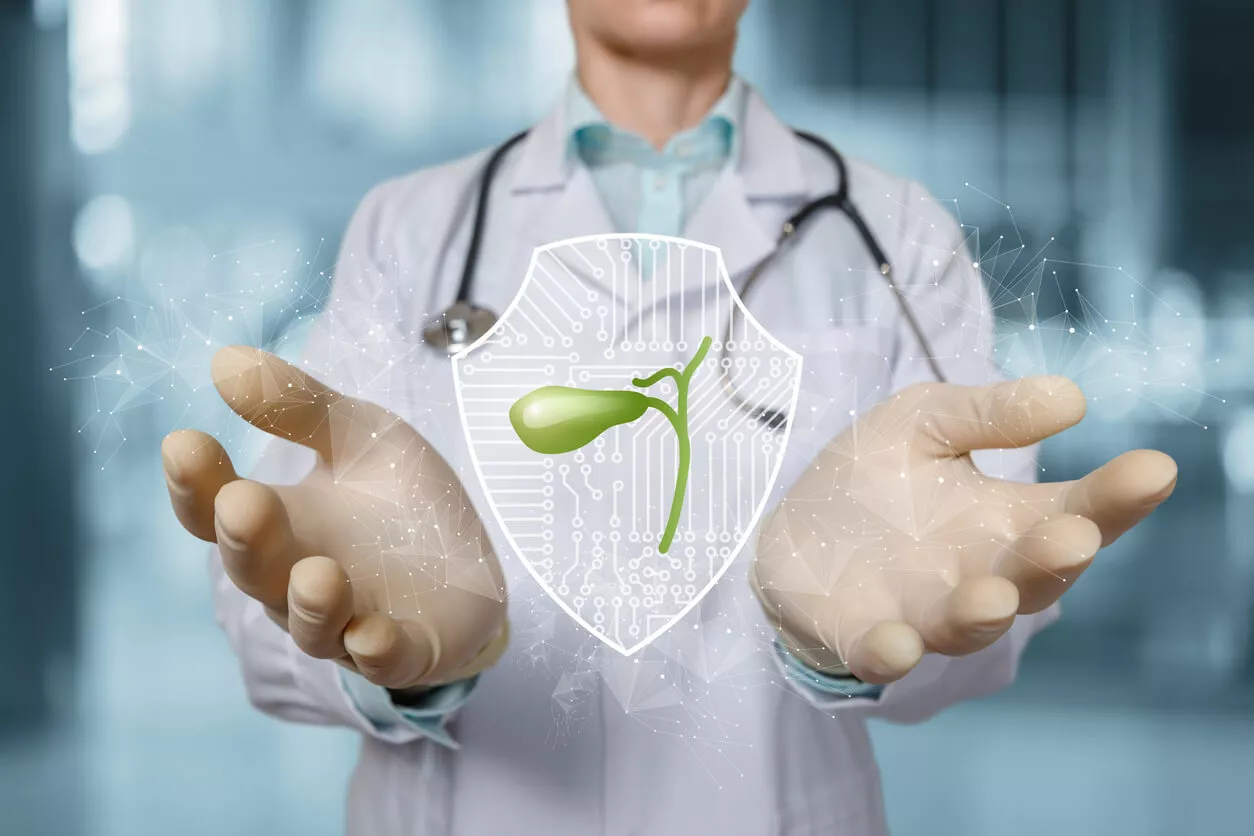
The Hidden Dangers of Gallbladder Cancer: How to Spot the Symptoms and Prevent Complications
The gallbladder, a small organ located beneath the liver, plays a crucial role in the digestive process by storing bile produced by the liver. While gallbladder issues are not uncommon, gallbladder cancer is a rare but serious condition that often goes unnoticed until it reaches an advanced stage. This blog aims to shed light on the hidden dangers of gallbladder cancer, helping readers understand the symptoms and offering insights into preventive measures.
Understanding Gallbladder Cancer
Recognizing the Symptoms
Persistent pain and tenderness in the upper abdomen, particularly on the right side, can be indicative of gallbladder problems. While such pain may be caused by various factors, its persistence should prompt further investigation.
Significant and unexplained weight loss is a red flag for many health conditions, including gallbladder cancer. If you notice a sudden and unintentional drop in weight, it's crucial to consult with a healthcare professional.
Yellowing of the skin and eyes, known as jaundice, can occur when gallbladder cancer obstructs the bile ducts. Jaundice is a serious symptom that requires immediate medical attention.
Gallbladder cancer can affect the digestive process, leading to changes in bowel habits. Persistent diarrhea or pale-colored stools may be indicative of gallbladder issues.
Persistent nausea and vomiting, especially after meals, may suggest gallbladder problems. If these symptoms are accompanied by other warning signs, it's crucial to seek medical advice promptly.
Risk Factors and Prevention
Gallbladder cancer is more common in individuals over the age of 70, and women are at a higher risk than men. Regular health check-ups become even more critical as individuals age.
The presence of gallstones is a significant risk factor for gallbladder cancer. Taking steps to prevent gallstones, such as maintaining a healthy weight and adopting a balanced diet, can reduce the likelihood of developing this cancer.
Chronic inflammation of the gallbladder, often associated with conditions like chronic gallbladder infections, increases the risk of cancer. Timely treatment of gallbladder issues can help prevent complications.
Obesity is a known risk factor for gallbladder cancer. Adopting a healthy diet rich in fruits, vegetables, and whole grains, while limiting the intake of saturated fats and sugars, can contribute to maintaining a healthy weight.
Smoking and Alcohol Consumption
Both smoking and excessive alcohol consumption have been linked to an increased risk of gallbladder cancer. Quitting smoking and moderating alcohol intake can have numerous health benefits, including a reduced risk of cancer.
Seeking Medical Attention
Diagnostic Procedures
Imaging studies, such as ultrasound and CT scans, can provide detailed images of the gallbladder and surrounding areas, aiding in the identification of abnormalities.
Elevated levels of certain markers in the blood may indicate the presence of gallbladder cancer. Blood tests can assist in the initial assessment and guide further diagnostic procedures.
In some cases, a biopsy may be necessary to confirm the presence of cancerous cells. A small tissue sample is collected and examined under a microscope to determine the nature of the growth.
Treatment Options
Surgery is often the primary treatment for Gallbladder Cancer Treatment in India. Depending on the extent of the cancer and its stage, the surgical approach may involve removing the gallbladder (cholecystectomy) or, in more advanced cases, additional tissues and organs may be removed.
Chemotherapy is a systemic treatment that uses drugs to kill cancer cells or stop their growth. It may be recommended before surgery to shrink tumors or after surgery to eliminate any remaining cancer cells.
Radiation therapy uses high doses of radiation to target and kill cancer cells. It can be used as a standalone treatment or in combination with surgery and chemotherapy.
Coping with Gallbladder Cancer
A gallbladder cancer diagnosis can be overwhelming, not only for the patient but also for their loved ones. Coping with the emotional and physical challenges requires a comprehensive approach.
Maintaining proper nutrition is essential during cancer treatment. A registered dietitian can provide personalized nutritional guidance to address specific needs and help manage side effects of treatment.
Regular Monitoring and Follow-up
After treatment, regular check-ups and monitoring are crucial to detect any potential recurrence or complications. Follow-up appointments with healthcare providers are an integral part of post-treatment care.
Conclusions
In conclusion, understanding the hidden dangers of gallbladder cancer is crucial for early detection and effective treatment. Recognizing the symptoms, being aware of the risk factors, and adopting a healthy lifestyle are key steps in preventing complications associated with gallbladder cancer. If you or someone you know experiences persistent symptoms, seeking medical attention promptly can make a significant difference in the prognosis and overall outcome.

